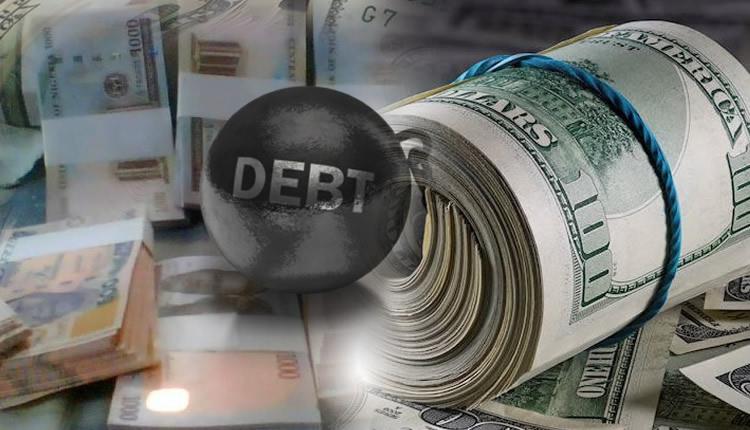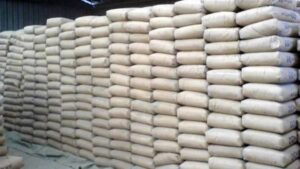Naira Depreciates as Nigeria’s Debt Increases

The depreciation of the Nigerian naira against the United States dollar has exacerbated the challenges surrounding Nigeria’s foreign debt, with the country’s external debt stock ballooning by N28tn, according to findings by The PUNCH.
The data, derived from the Debt Management Office’s latest debt profile, revealed that Nigeria’s total debt reached N87.38tn at the end of the third quarter of 2023.
Specifically, the external debt constituted N31.98tn ($41.5bn) owed to foreign entities, including financial agencies, Eurobonds, and syndicated loans. The breakdown encompassed multilateral loans from entities such as the International Monetary Fund, International Development Association, African Development Bank, and International Bank for Reconstruction and Development. Bilateral loans from Exim Bank of China and Agence Francaise Development, Eurobonds, and syndicated loans contributed to this external debt.
However, with the continued devaluation of the naira over the last six months, the external debt has significantly increased. From an exchange rate of 768/$ on September 30, 2023, to the current rate of 1,609/$ as of February 29, 2024, the naira depreciated by over 109 percent. This implies that Nigeria’s external debt has surged by more than 109 percent during this period.
The devaluation began in early 2024, with the Central Bank accusing currency speculators of fueling the decline. The adverse impact on Nigeria’s external debt is compounded by the government’s plan to raise more funds through borrowing, despite warnings from experts and global lenders against over-reliance on debt for development.
The Debt Management Office’s Medium-Term Debt Management Strategy targeted a 70:30 domestic and external debt composition, but as of September 2023, Nigeria had already exceeded that projection by 6.3 percent. Experts foresee challenges in meeting the 70:30 ratio due to the dramatic fall of the naira.
Concerns about debt sustainability arise, with warnings from the International Monetary Fund that Nigeria might spend nearly 100 percent of its revenue on debt servicing by 2026. The World Bank cautioned that the country’s debt, while seemingly sustainable, is “vulnerable and costly.” The Nigerian Economic Summit Group also warned against creating a debt burden for future governments.
In the face of the devaluation and rising external debt, stakeholders emphasize the need for a comprehensive approach to address economic challenges, including low revenues and foreign exchange scarcity. The prospect of a supplementary budget is suggested as a measure to mitigate the impact of naira devaluation on the existing appropriation bill.










